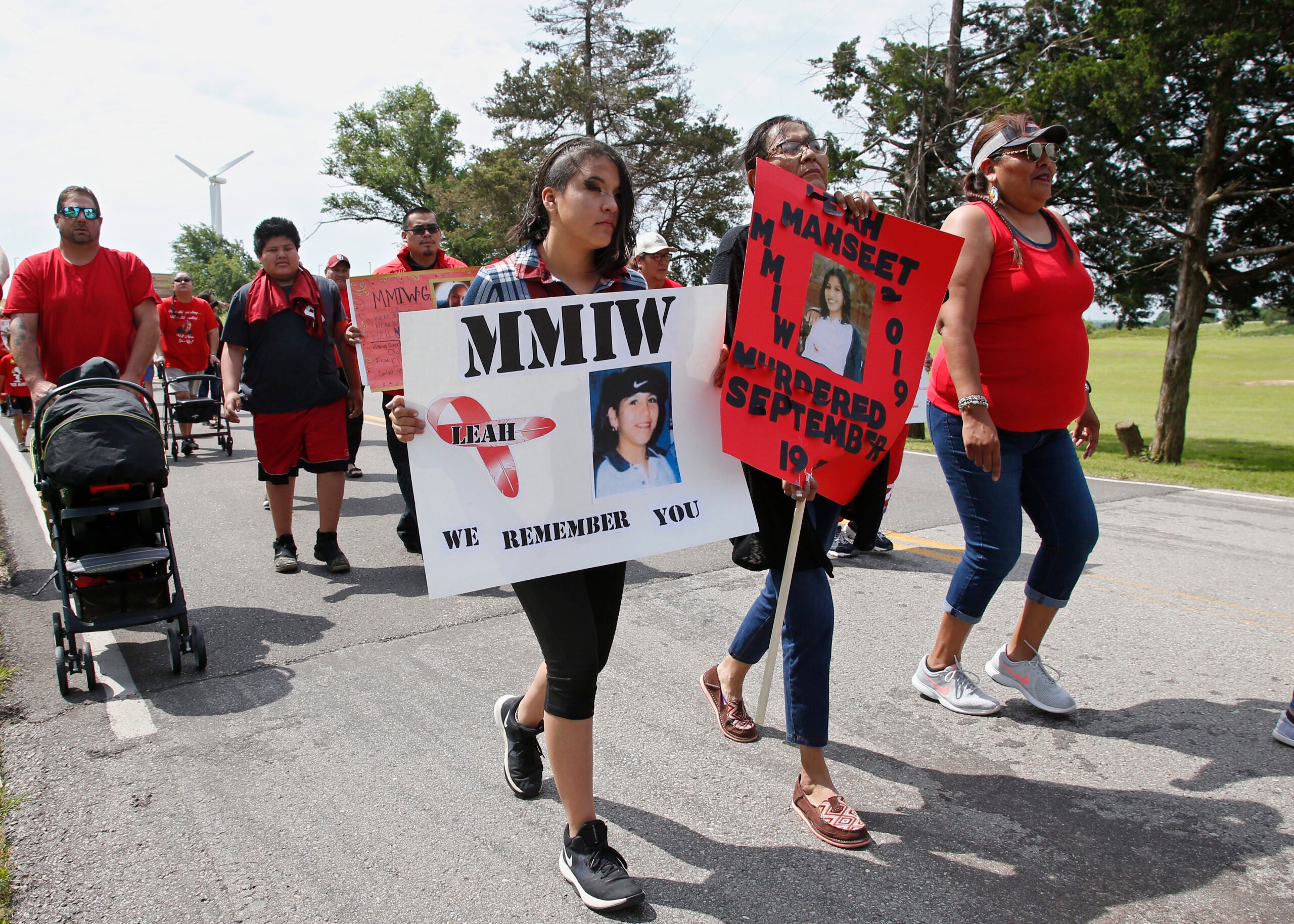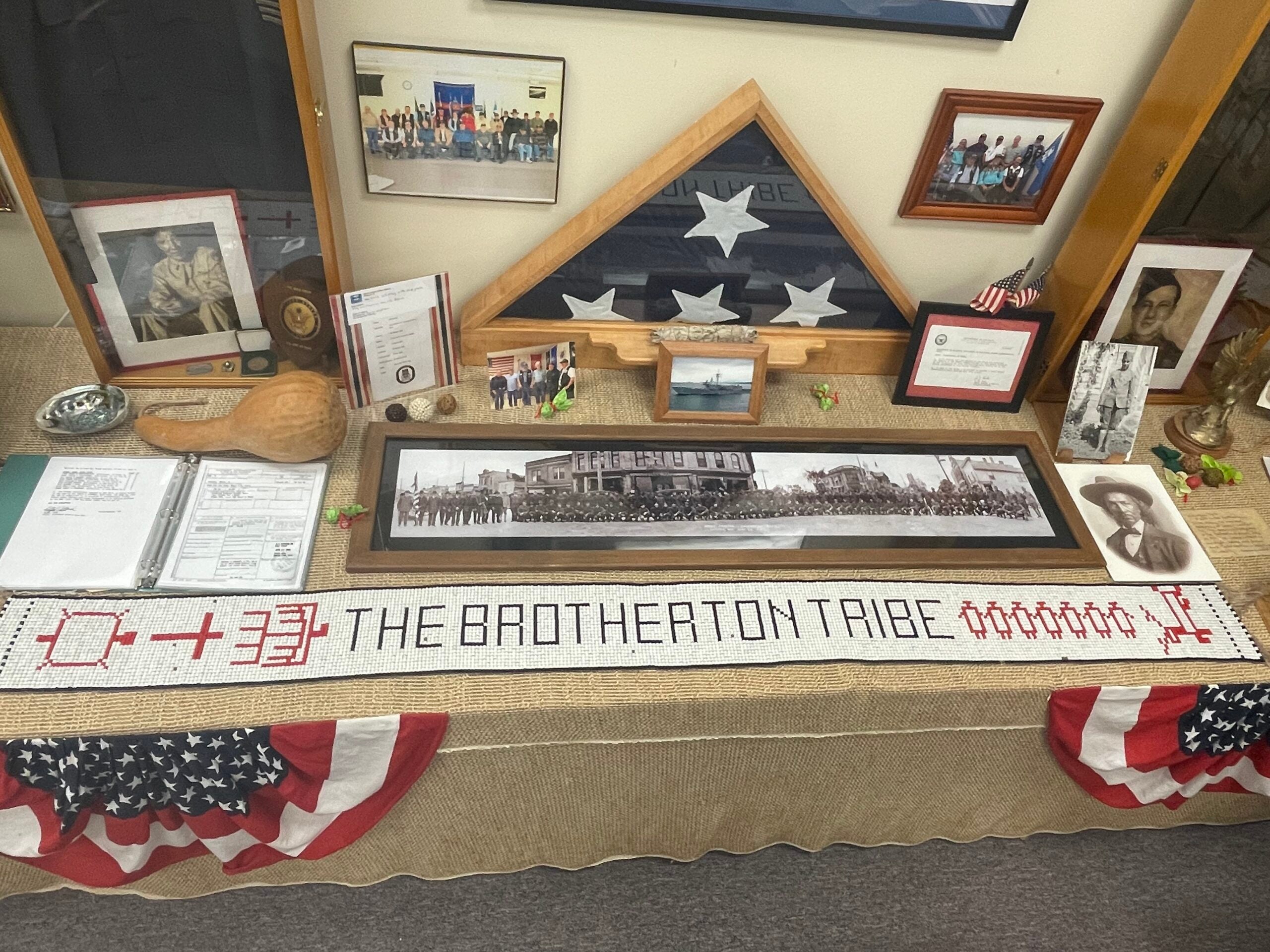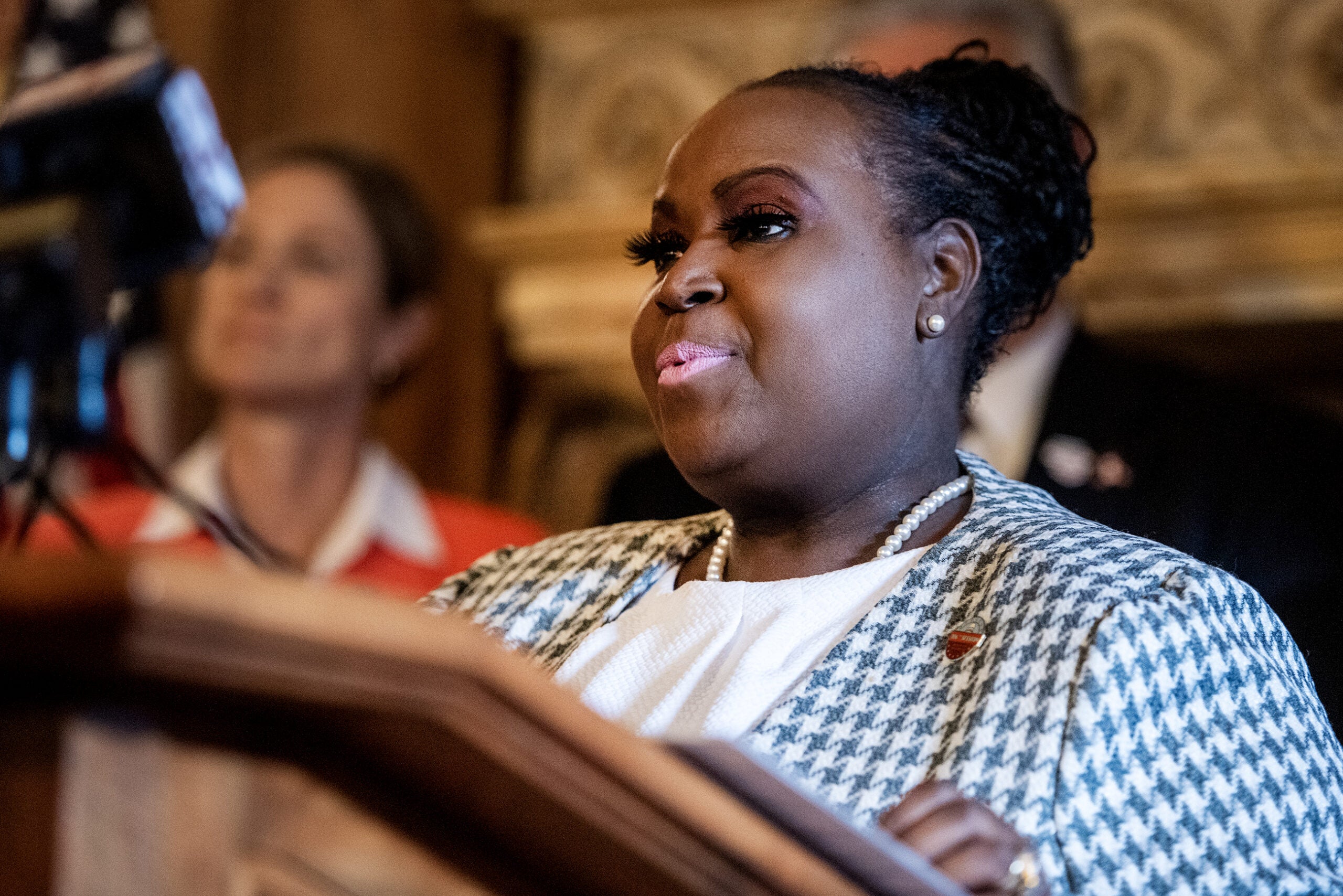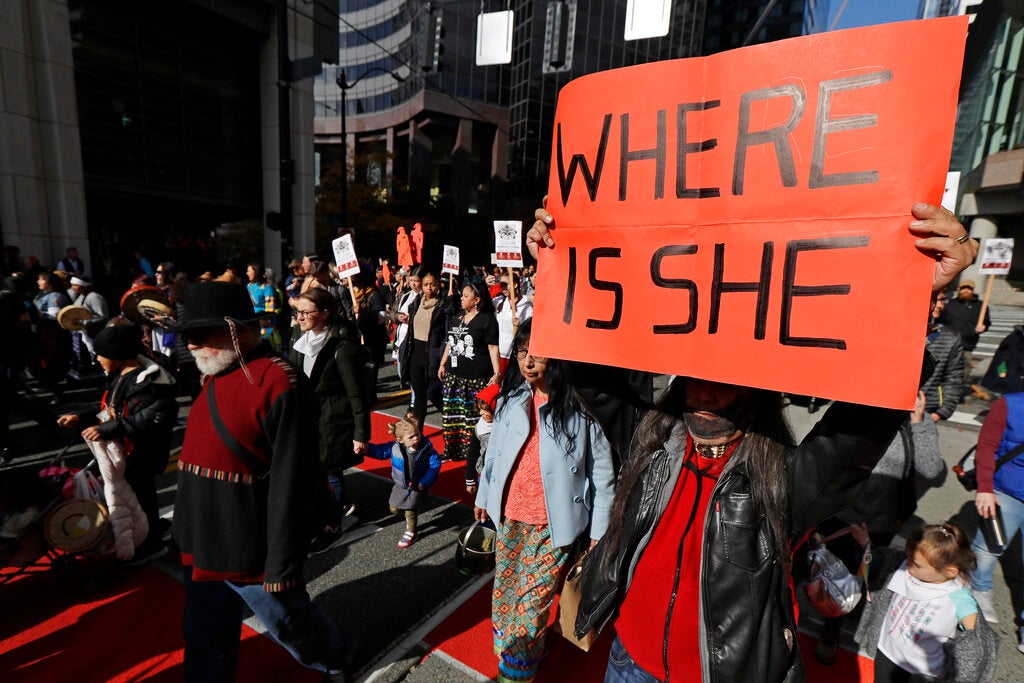The Federal Communications Commission recently announced a new nationwide alert code for missing and endangered people.
The new “MEP” code, short for “Missing and Endangered Persons,” is similar to Amber Alerts for missing children and Silver Alerts for missing and endangered seniors, but it applies to adults that don’t fit either of these categories. It will allow local law enforcement to quickly disseminate information about missing residents through radio, TV and phone alerts.
FCC officials say this new alert system will especially benefit tribal communities, as Indigenous people are at a disproportionate risk of experiencing violence, being murdered or going missing.
News with a little more humanity
WPR’s “Wisconsin Today” newsletter keeps you connected to the state you love without feeling overwhelmed. No paywall. No agenda. No corporate filter.
“This is a crisis in Indian Country,” Justine Rufus, a member of the Bad River Band of the Lake Superior Chippewa, told WPR’s “Wisconsin Today.”
Rufus is co-chair of Wisconsin’s task force on Missing and Murdered Indigenous Women, which was launched in 2020. She said she and her colleagues at the task force have been recommending an alert system like this, and they are happy to see it move forward at the national level.
“This is one very large step that we’re very excited about. Having an alert system for people in our community that have gone missing is really important,” Rufus said.
The alert will help tribes, which often have limited resources and minimal police presence, get more “boots on the ground” in the crucial early hours after a person has gone missing, Rufus explained.
Having law enforcement across multiple jurisdictions who are aware of the situation is also key to a robust search, she said, along with alerting the general public.
“We don’t have a lot of media attention around our relatives when they go missing,” Rufus said.
Because of this, many tribal communities turn to social media, especially Facebook, to share information about missing residents.
“Social media can be instrumental in the recovery of our relatives,” Rufus said. “It really has, in some cases, made all the difference.”
Rufus hopes the new alert system will raise public awareness about the high rates of missing and murdered Indigenous people, particularly women. While tribes have known about this problem for generations, it has only recently received broader attention from the public and government agencies.
“I know a lot of times we can’t believe that this type of crime is happening right in our backyard, but it is happening here in Wisconsin,” Rufus said.
Wisconsin Public Radio, © Copyright 2025, Board of Regents of the University of Wisconsin System and Wisconsin Educational Communications Board.







